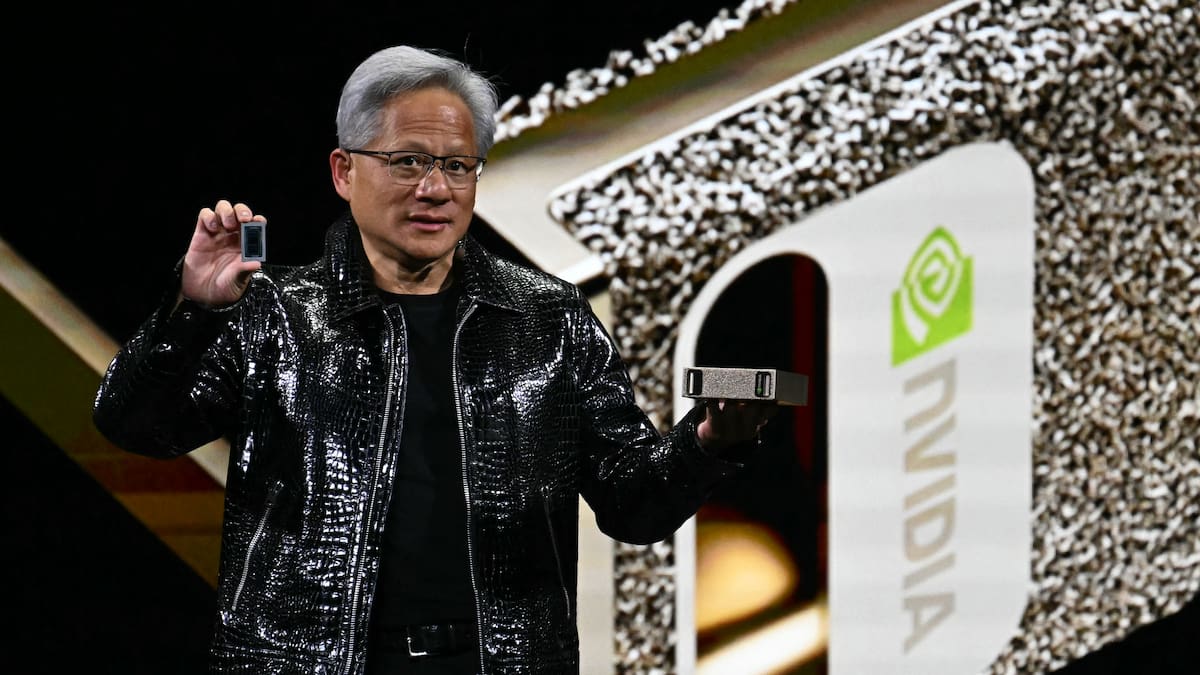AI chip exports: US announces new restrictions

AI and Semiconductor Restrictions: A Global Tug-of-War
US Tightens Grip on Advanced Chip Exports
In a bold move, the US has imposed restrictions on exports of advanced semiconductors and artificial intelligence (AI) models. Countries without an exemption will face caps on chip imports, while AI data centers must comply with enhanced security measures. Sharing cutting-edge AI models is also restricted.
These new regulations have sparked backlash from China, which sees them as a violation of international trade rules. The European Union has expressed concern, emphasizing Europe's lack of "security risk" status.
Industry Warns of Competitiveness Loss
The industry has strongly criticized the restrictions, claiming they will harm US competitiveness. John Neuffer, CEO of the Semiconductor Industry Association, believes the move will cede key markets to rivals and potentially damage the economy.
Chip titan Nvidia argues that the rules are not genuine anti-China measures but instead hinder US security. In a blog post, the company stressed the importance of sharing technology with the world.
Government's Justification and Future Considerations
The White House maintains that these restrictions aim to prevent rivals from evading export controls and encourage allies to use trusted vendors for AI. They will take effect in 120 days, giving President-elect Trump's administration time to make any changes.
However, freezing the rule could benefit China by allowing them to stockpile US hardware. The Computer & Communications Industry Association warns that it will hamper US firms' deployment of semiconductors abroad.
Expert Insights
Daniel Castro, Vice President, ITIF: "Pressuring countries to choose between Washington and Beijing could alienate partners and bolster China's position in global AI."
Nvidia: "These rules would do nothing to enhance US security and instead stifle innovation and competition."
Historical Context and Political Implications
The restrictions come after Trump's imposition of heavy tariffs on China. However, his supporters in Silicon Valley could now view the rules as burdensome. Trump's legacy of innovative and competitive policies is contrasted with the overreaching restrictions being implemented.
The global tug-of-war over AI and semiconductor dominance continues, with the latest developments shaping the geopolitical landscape of technological advancement.